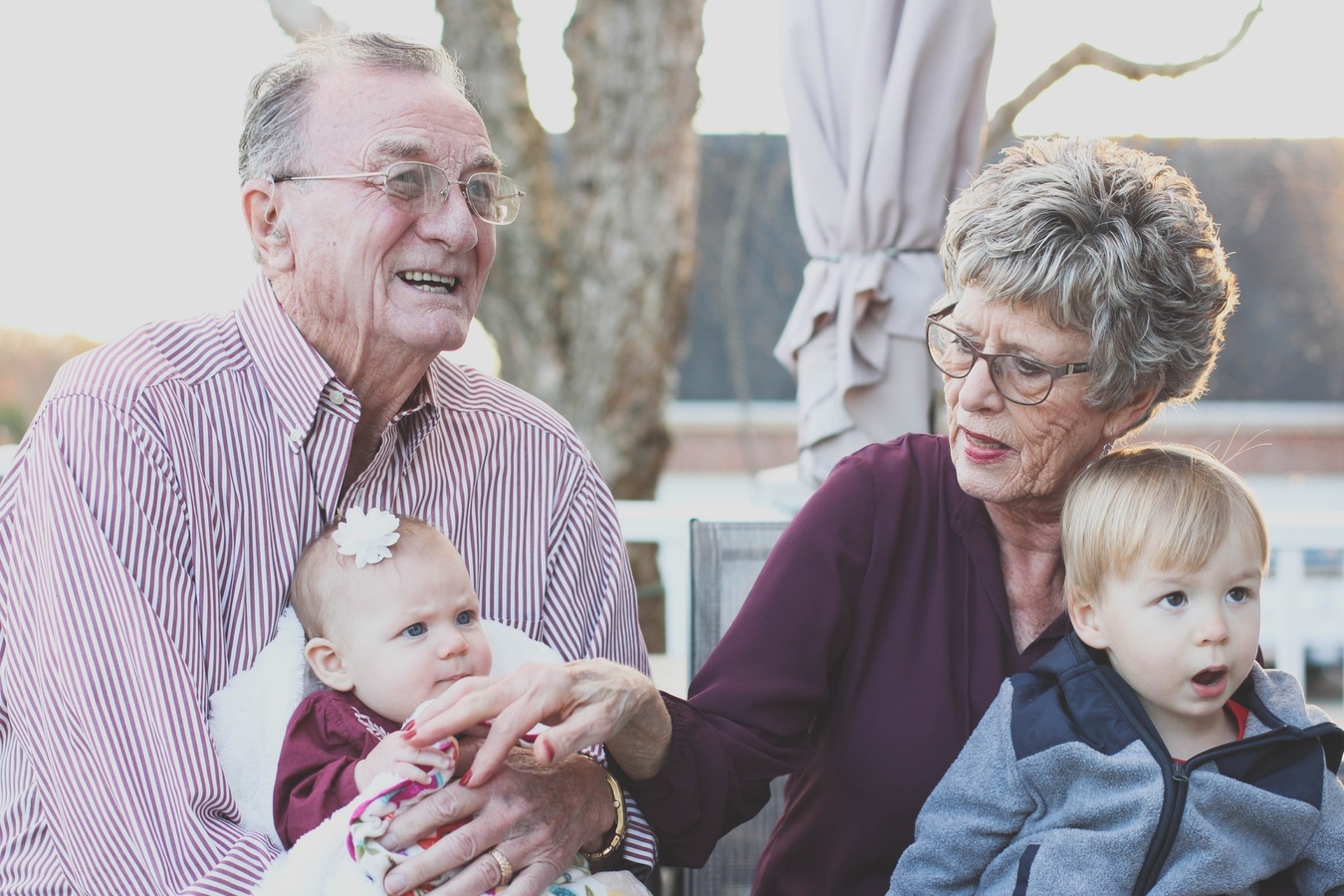Grieving the Loss of Intimate Connection
Living with Dementia
There are so many ways we ache inside from watching a loved one slowly “disappear” into Alzheimer’s Disease. They forget how to do things that they once did so easily; they get lost in their own home; they struggle with words. For many caregivers and family members, the greatest wound created by the disease is when the loved one cannot remember who they are.
A woman once told me how she cried when her dad began to refer to her as “Johnny’s wife”. He remembered her spouse, but did not recognize her as his daughter. She had always been “Daddy’s girl,” she sobbed, but not anymore. With another client, he was caregiver for his wife of 52 years. She was at about the “middle stage” of the disease but no longer understanding that they were married. Whenever he tried to kiss her or even touch her hand, she withdrew in anger and fear.
It was this caregiver-husband who most poignantly influenced how I now view impact of the disease on caregiver’s spirit and emotions. It’s not just that the loved one has forgotten your name, or what your relationship is: it is that they no longer can give to you something they once gave you, connection through intimacy. My client shared that he still had sexual desire for his wife. He had always been a faithful husband, believing infidelity to be wrong, a clear violation of his wedding vows. She in turn was faithful to him, fulfilling his needs as a man and a husband. Now he said, he can take care of her needs, but she cannot take care of his. He came into counseling struggling from the war within himself: remain celibate, frustrated and unfulfilled or seek out another relationship that will provide what his wife no longer can.
Widows, my client argued, can enter another relationship, but not spouses whose loved one has ceased to respond as a sexual partner. “The same is true for men who are divorced”, he continued. “Of course, I would never divorce her,” he stated. “So where does that leave me?”
I replied that it was a really hard question to consider. “I’m not sure of what I would do if I had to face this situation.” So I could not offer any answer. Still, I would help him work through the question until he determined the wisest path for him.
This is a question in which few are likely to take a neutral stance. It seems to demand a judgment of some kind. I will not reveal his decision here because you may decide that you would take a different path. Still it warrants quiet reflection if you know someone in a caregiver-spouse situation.




Leave a Reply